Already define what is the musical ear:
The musical ear allows someone to accurately interpret what they hear in a music or musical phrase, such as:
– The height difference between fairly close notes (for example, to hear that an E and E flat are not the same note)
– Hear that several notes are played at the same time.
– To hear that a note is in harmony or dissonance with the context or the scale of the title.
– And the difference in length between notes played.
Everyone who listens to music has a musical ear more or less developed. There is a good chance that they will be able to recognize a false note. It is also on this capacity that composers play by placing here and there chords with dissonant notes to create tension at a given moment in their music.
Thus, like any practice, the musical ear need to be developped and worked. There are people born with an innate musical ear, others who develop it in contact with their musicians relatives and others, who still work on it without thinking because they love to analyze the music that they hear.
I, myself, developed my ear thanks to my father who played the guitar to me and my sister when we were young children. I continued, then, to analyze the music I heard and to try to reproduce the melodies by whistling or guessing the notes that followed the ones I heard. My sister, for her part, did not care much. As a result, she can hear when notes sound right or not but has trouble knowing whether a note is more acute or low than another, if they are too close. Moreover, she is unable to reproduce a note she hears. She has less developed her musical ear than me.
It happens, too, that people have an ear-related pathology that prevents them from developing it musically.
So, musical ear or not?
Having the musical ear is an extremely valuable help because it saves you a lot of time but, good news, it is not obligatory to get there.
You will either have to test a lot of combinations of notes until you have something that sounds right or you can rely on a good knowledge of music theory. I recommend this second method.
You will be like a pilot flying blindly only with his instruments.
At least in the beginning because as I said above if you do not have any particular pathology the more you will make musics the more you will develop your musical ear until it is very sharp. life is beautiful, isn’t it!
I hope this article will be useful in your creations. Leave me a message in the comments if you have any questions or topics that you would like me to talk about.
Photo by Pixabay

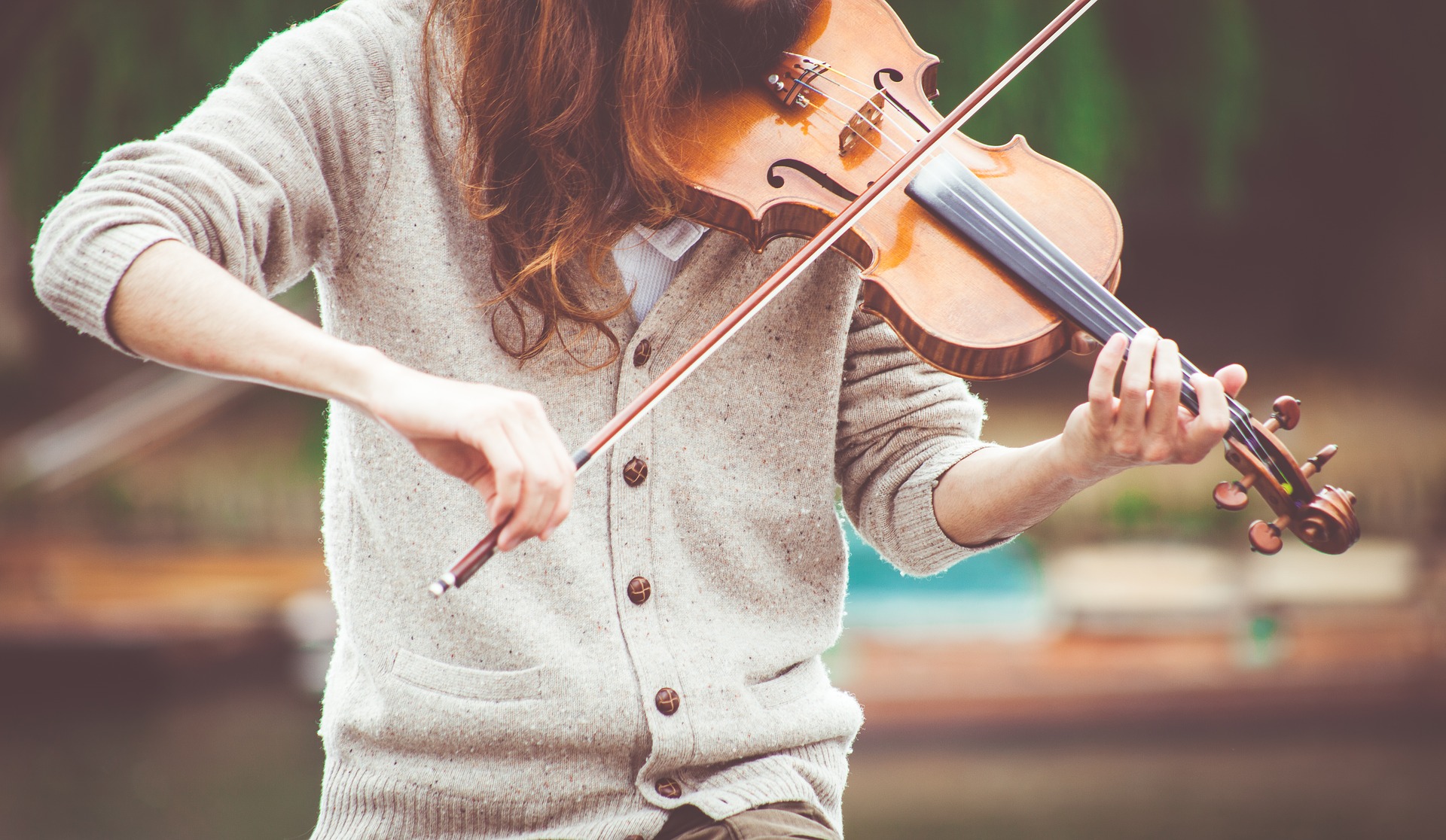



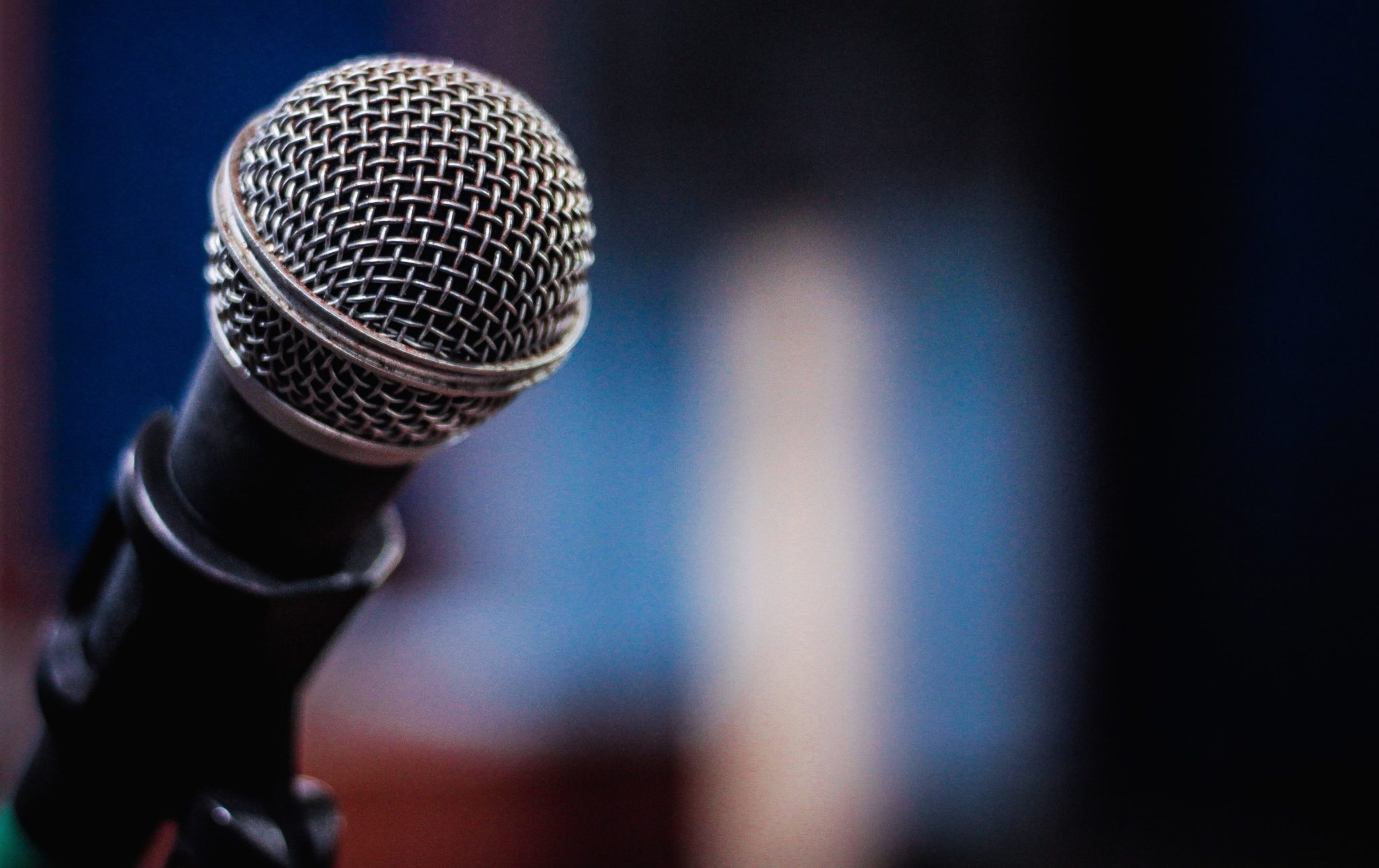
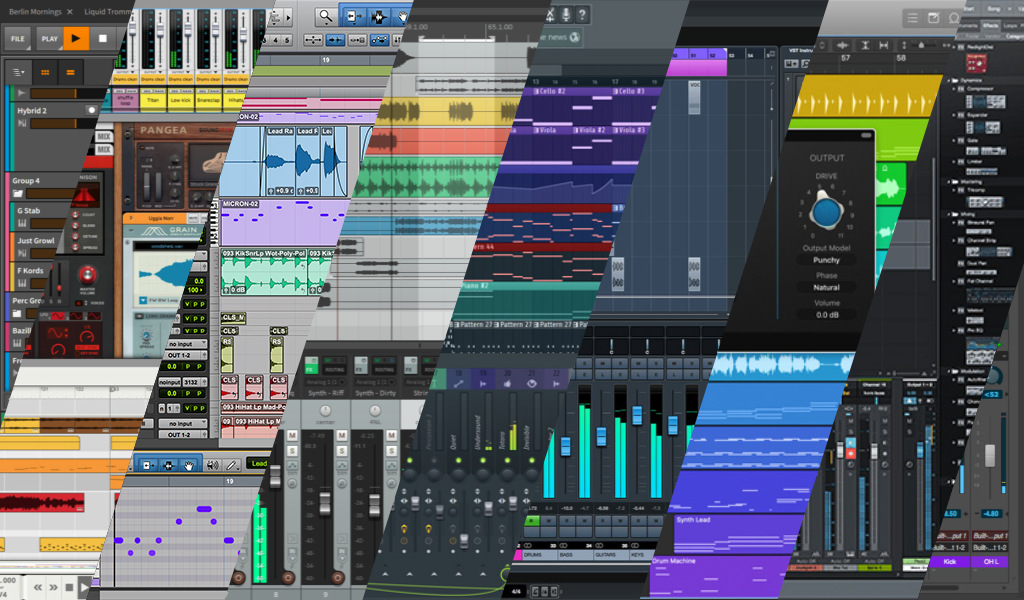
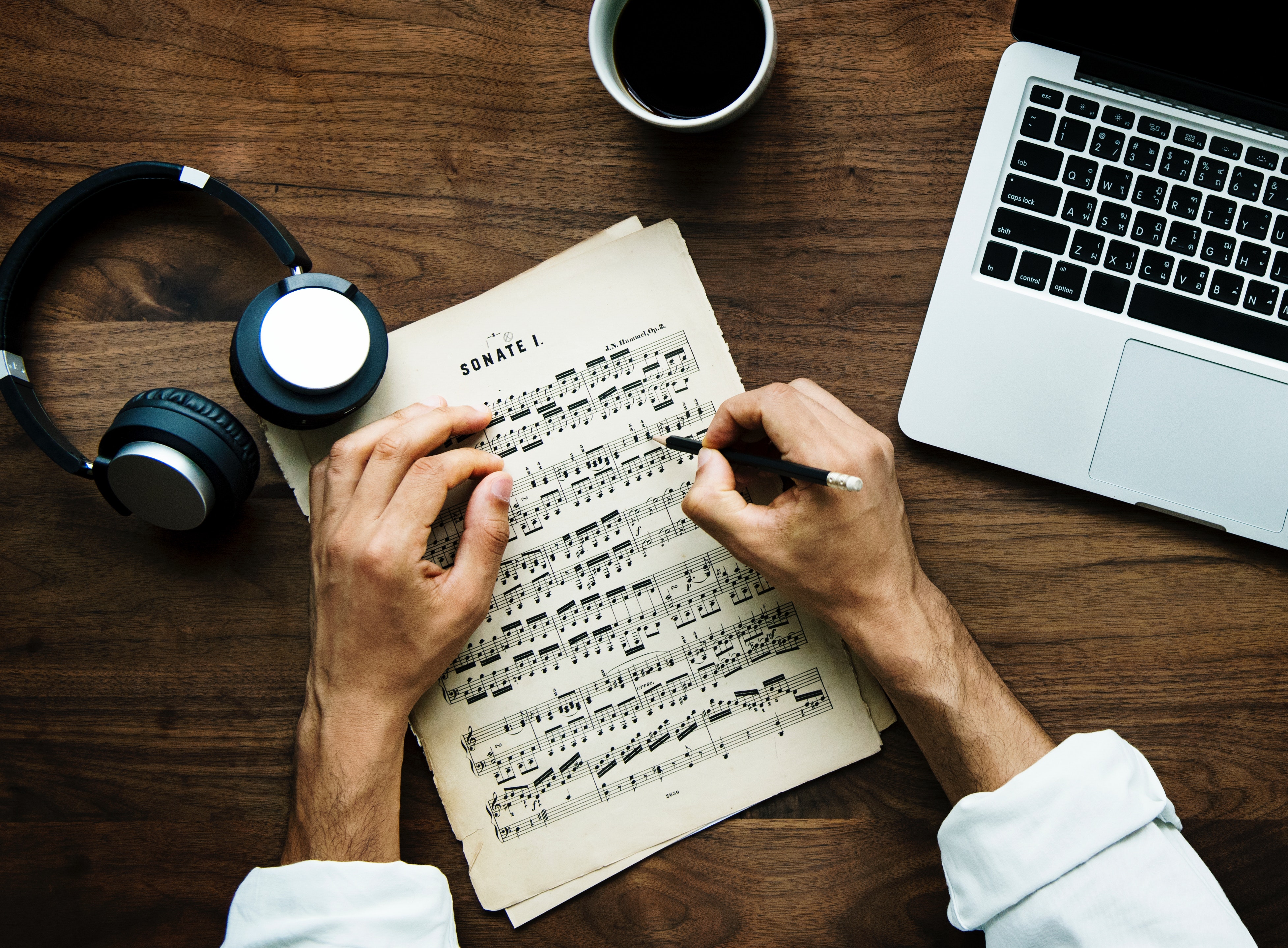
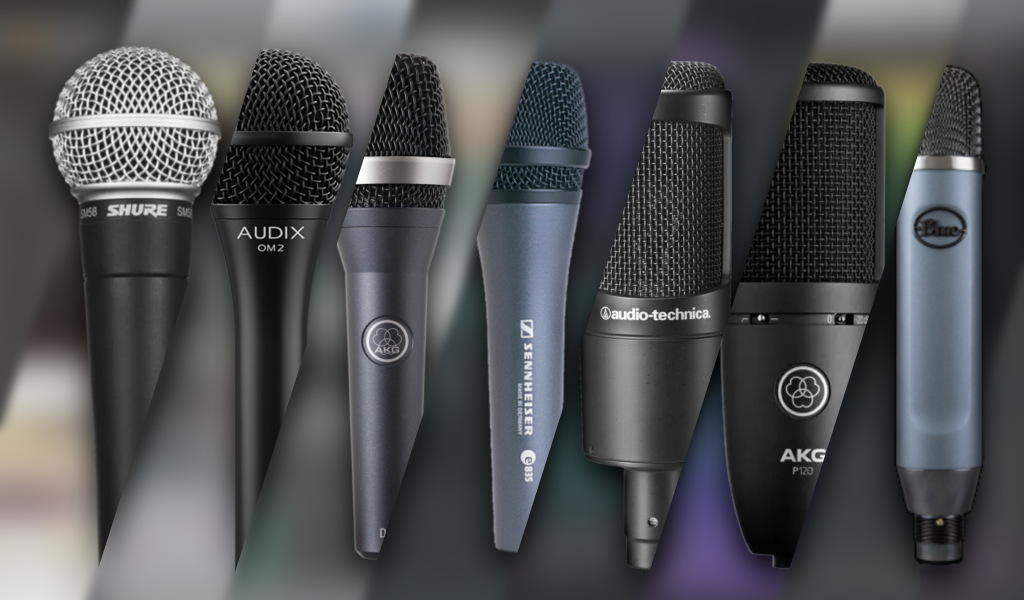


Be the first to comment